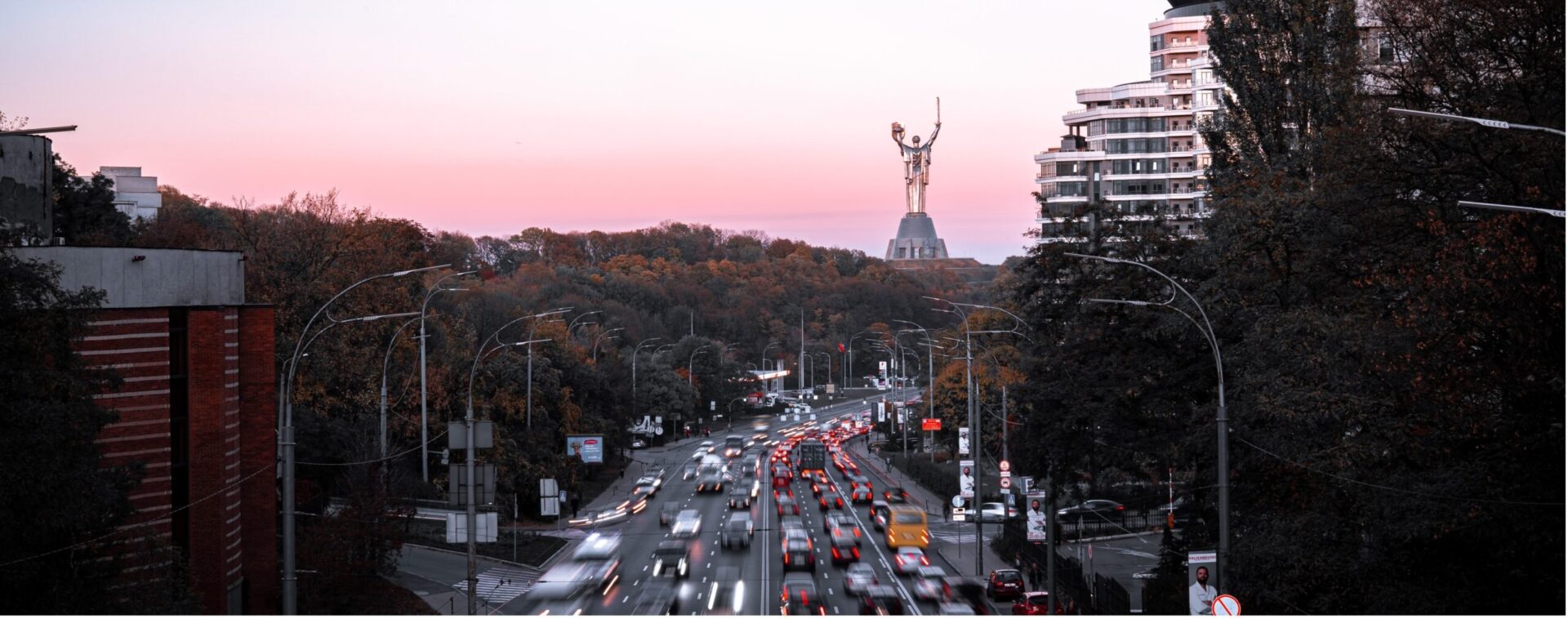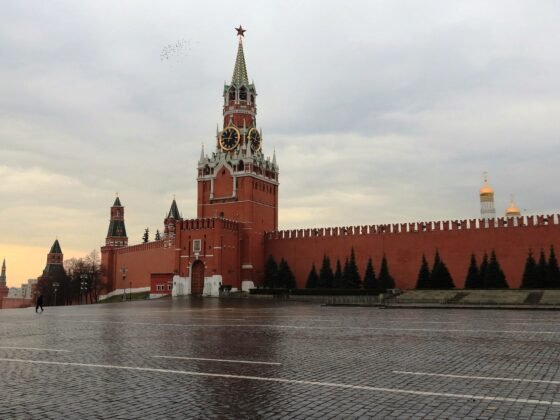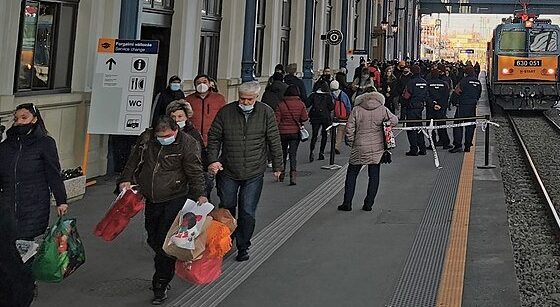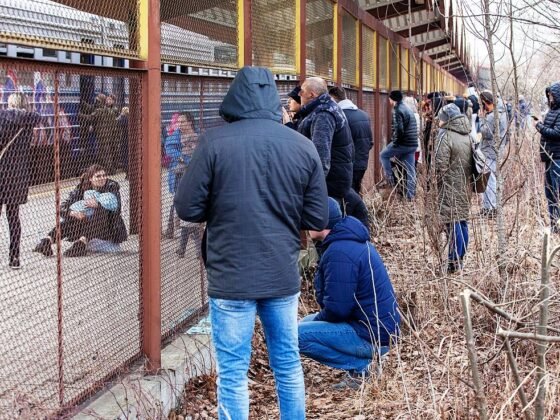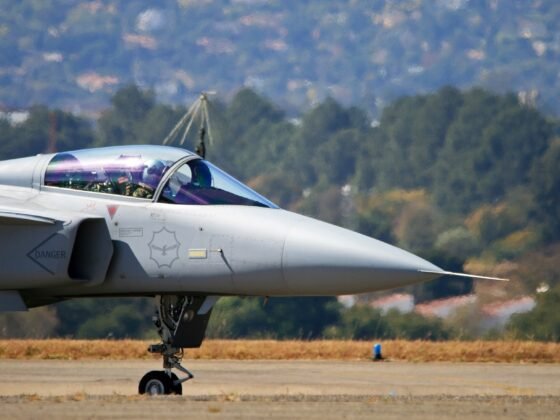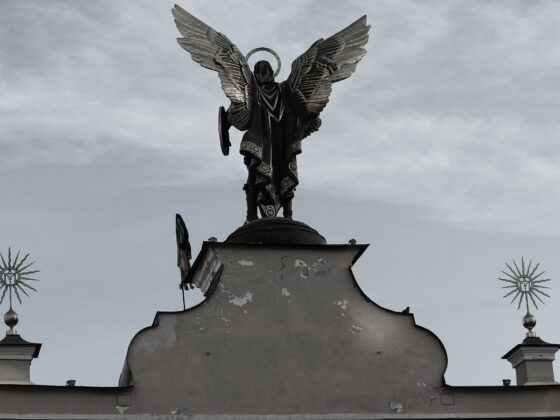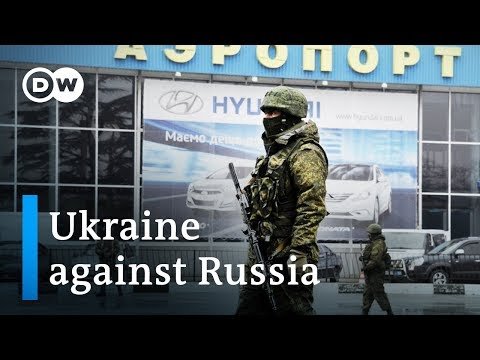Leaving my apartment in Kyiv, I deliberately stopped the wall clock at 5 AM. I hope the apartment will stand so that I can come back and set the right time. If not, I hope the wall where it hangs will stand to symbolize when I became an IDP.
There are two kinds of refugees, the privileged and the downtrodden. The former started their flight in a private car and headed to a fixed location, “somewhere in the West.” The latter had neither; thus, their experience was (and is) much harder. I am a privileged, albeit unintended, refugee. Despite the mounting tensions, I was prepared to stay in my native city of Kyiv, even on February 23. Then I watched the tedious pseudo-historical lesson by a self-proclaimed history expert announcing his willingness to “resolve the Ukrainian question once and for all.” My spouse and I thought about our 2-year-old daughter, the future the threat envisaged to her – and we
fled. Luckily, our relatives reside in Lviv, so we had safe haven.
To get to Lviv, we had two options: a car or a train. Since I neither drive nor own a car, only my father could activate option number one. I woke my parents, who lived nearby, to inform them the war had started and invited them to join us. They refused. We immediately booked train tickets and started packing our luggage. Personal IDs, education certificates, baby clothes, some toys to keep her distracted, the food from the fridge to eat on the way, and the cat with his belongings. A considerable challenge to get to the railway station was looming since taxis and buses were no longer available. So, I called my parents again. When they arrived to give us a farewell ride to the station, we convinced them to join us instead of “waiting it out in their apartment in Vorzel.”
To get out of Kyiv by car, we, once again, had two options: to drive directly westwards, taking the Highway Kyiv-Rivne-Lviv, or to go southward to Odesa and subsequently turn to the west going via Vinnytsia and Ternopil. Although more logical and much shorter, the Highway Kyiv-Lviv had two considerable drawbacks. First, thousands of cars had already opted for it, clogging the roads. Second, the Russian troops advanced from the north via Belarus, making the journey perilous. Later we learned that the route was shelled near Rivne; Russian commandos attacked a civilian car near Berdychiv; a mine exploded under another refugee vehicle. This
remained unbeknownst to us as we were driving out of Kyiv, but since we live(d) near the Route to Odesa, we opted for the longer and, hopefully, less traffic-jammed way.
The expectations were misplaced. Because of numerous cars, it took us three hours to reach Fastive, some 70 kilometers (44 miles) to the south. We decided to avoid the central highway and head to Vinnytsia via regional and local routes. Sometimes it was eerie to drive in a wilderness and cross unknown lakes under the nocturnal sky hoping not to fall into a ditch. Meanwhile, we learned that Russian paratroopers vied for control of Hostomel Airport to transport armored personnel cars and multiple rocket launchers for their thrust towards Kyiv. Hostomel is only 8 kilometers from Vorzel, where my parents intended to wait it out. Later, on February 26, Russian troops shelled Vorzel, destroyed an orphanage, invaded the town, and established a foothold in the local hospital using women and babies as shields.
Our flight continued. Since only my father knew how to drive, he was exhausted by midnight. Going farther was unwise. After a 9 hour drive, we approached Vinnytsia, 270 km/165 miles away from Kyiv. The roads were jammed, the gas station crowded, and a bizarre combination of civility and little regard for traffic rules reigned supreme on the way. Finally, my wife reached a friend from Vinnytsia currently living in Austria, and asked for a place to crash. The friend referred us to her cousin, who promised to give us a roof provided we could reach him: a curfew had been imposed, and the city virtually closed until 8 AM. We approached the Vinnytsia roadblock with apprehension, ready to be instructed to take the ring road and go farther. The servicemen, however, let us in. At 1
AM we knocked on the door of our host. The kindness of the strangers is so powerful and meaningful during times of trial.
At 4 AM, our host awoke us. Vinnytsia was no longer a safe heaven: sirens blared, signaling the threat of an aerial bombardment. We spent 4 hours in a cellar, two 2-year-old girls, two tired fathers, two preoccupied mothers, and three grandparents; total strangers only 3 hours ago, companions in the Russia-provoked disaster now. Eventually, no bombardment occurred, so we got out, ate, and bid farewell to our gracious hosts. Yet Vinnytsia was no safe-heaven: only several hours later, a Russian fighter jet and several ballistic missiles were downed by the counter-air defense.
We meandered on local routes towards Khmelnytskyi because GoogleMaps showed a colossal traffic jam building up between there and Vinnytsia. We rolled around the jam to save some time, but after we avoided it, we learned its source: a single bridge on the highway linking Vinnytsia and Khmelnytskyi was damaged and people were trapped. It is good that Russian artillery could not shell all the caravans clogged in this bottleneck.
To make a long and arduous story short, we arrived in Lviv on February 25, at 10 PM. It took us 30 hours instead of the typical 7-hour highway trip. As I mentioned, we are privileged IDPs: our relatives settled us in some spare rooms. I cannot even fathom the emotions and challenges other IDPs face when they finally enter Lviv. Luckily, civic society groups are actively assisting people, matching willing hosts with people who need roofs over their heads.
The city itself is calm. There are constant air-raid alarms but nothing comparable to Vinnytsia or Kyiv. We built a living space in the hallway, following the instructions to have two walls separating us from the windows. There, we sleep on the floor with our baby’s cradle nearby. Still, the arrangement is quite comfortable. People stockpile food and necessities, but after visiting five or six local supermarkets, one can build some storage for themselves. Public transportation is fully functional. There is no looting or unrest. Since Lviv is relatively calm, the local territorial defense forces are ready to support the troops still fighting at Hostomel, in Kyiv, or farther East.
We passed through Fastiv and Vinnytsia during our flight, and I observed – rather grimly – that the Ukrainian government (Directorate) took the same route in 1920 while flighting from the Bolshevik invaders. Unlike the events of 100 years ago, I hope there will be no Ukrainian government in exile, no ethnic cleansing, no artificial famine. Unlike in 1920, Ukrainians are fighting back – and soon, I hope, I will set the correct time on my wall clock.
